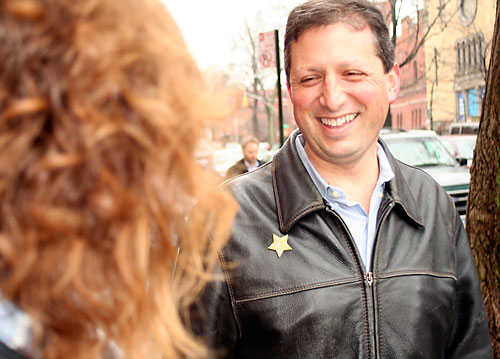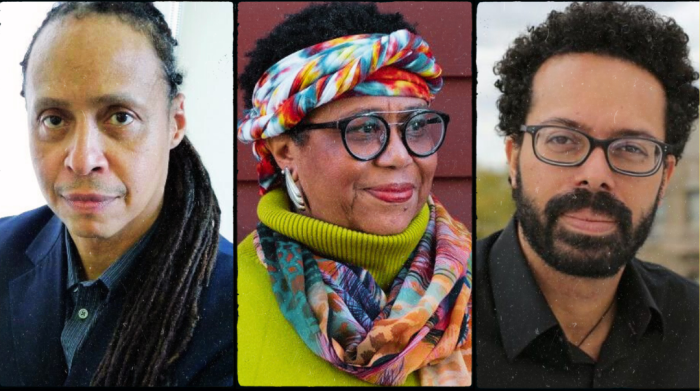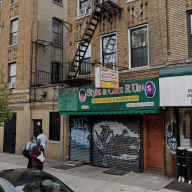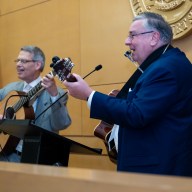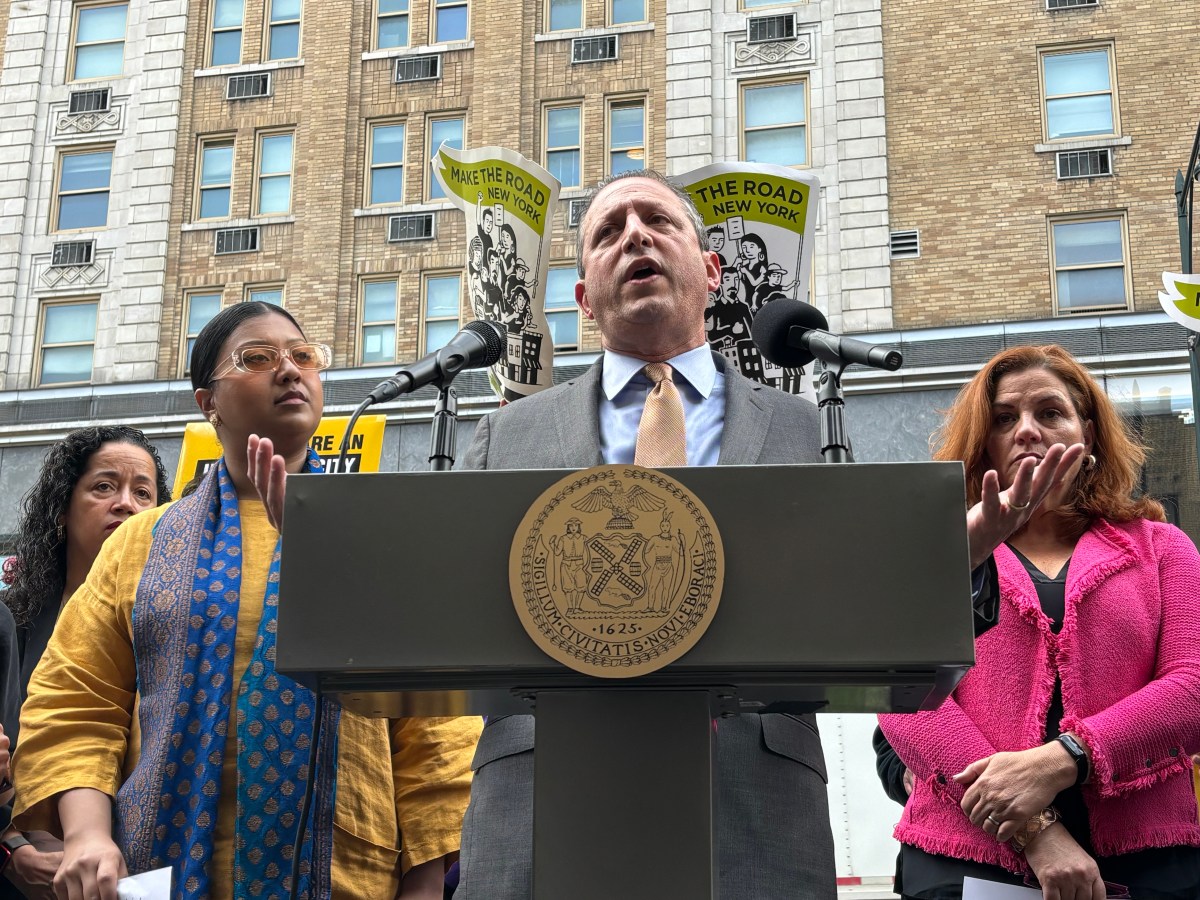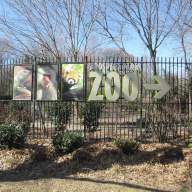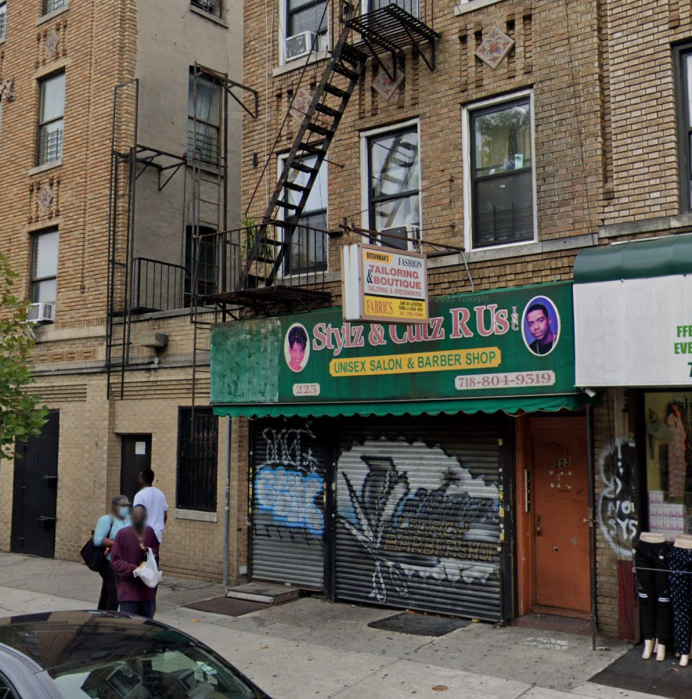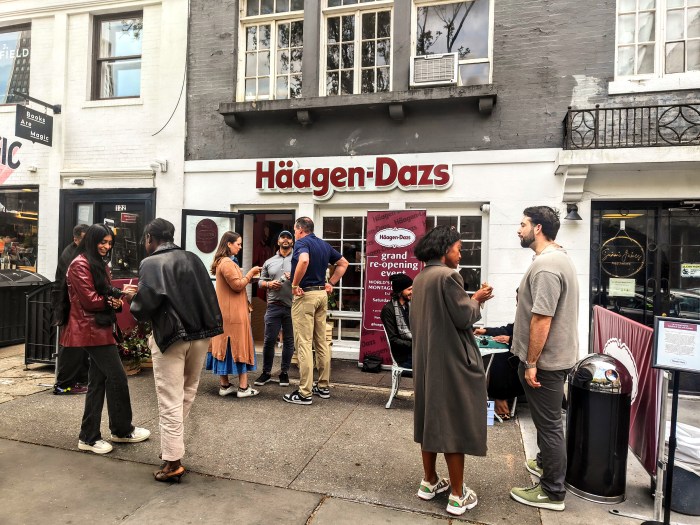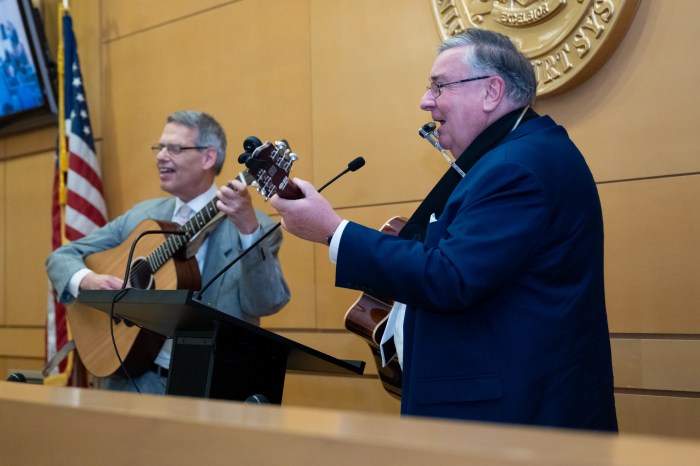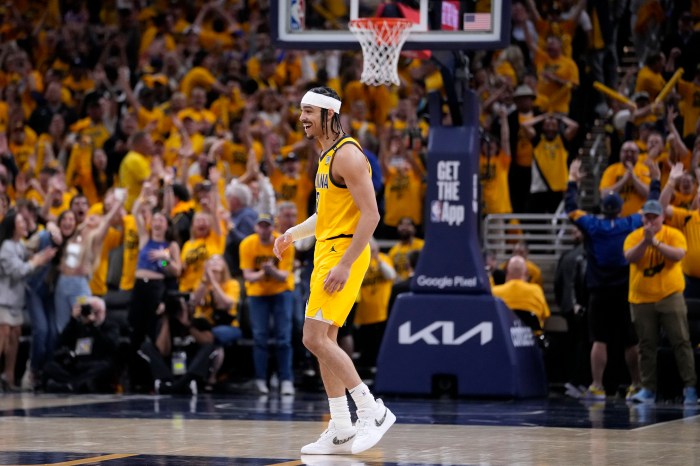Two Brooklyn lawmakers are creating an “American Idol”-style contest for city construction dollars that will give residents say over future projects in their districts.
The two councilmembers, Brad Lander (D–Park Slope) and Jumaane Williams (D–Flatbush), pledged to set aside at least $1 million each in capital budget funds for projects backed by their constituents in a still-vague balloting process.
The lawmakers, who are joined by two other councilmembers in the “participatory budget” idea, said the goal is to bring more transparency to government.
The “experiment will increase public engagement in the budgeting process,” said Lander, who was set to go into details on Wednesday at City Hall.
The grass roots cash disbursement will start this fall, when Brooklynites in neighborhoods represented by the four legislators will nominate pet projects at a series of public meetings.
The resulting ideas will be placed on a ballot for a final vote in February, and the winners will be included in the upcoming fiscal year budget, according to people who helped come up with the plan.
“The dollars are there,” said Ronnie Lowenstein, the director of the Independent Budget Office, who worked on the initiative. “The idea is to get the community involved.”
Key details still need to get worked out, including:
• Who will participate in the “nominating conventions.”
• Who controls the drafting of the ideas from those meetings.
• How many of the nominated projects will be placed on the ballot.
• How the limited money will be allocated, given that $1 million doesn’t even pay for the architects’ morning coffee nowadays.
• How lawmakers will get the public excited and informed about the coming vote.
The concept may be inclusive, but it still hinges on a system of allocating money that’s entirely controlled by Mayor Bloomberg and Council Speaker Christine Quinn (D–Manhattan), who decides how discretionary funding is doled out in the first place.
Capital funds pay for construction projects such as new schools and parks, and to repair or upgrade existing infrastructure.
Such capital projects can include the biggest expenditures, such as $6-billion Water Tunnel 3 or the $50,000 it will take to repair PS 29’s playground after vandals torched it.
The city’s current capital plan, which expires in 2013, calls for $38.4 billion in spending.
Each year councilmembers receive a tiny sliver of that — typically between $3 million and $9 million — to pay for hand-picked projects in their districts. But the amount each member receives depends on their relationship with the Speaker, something critics say smacks of political patronage.
Supporters of the voluntary funding model said that involving people in the process could spur reforms to the system.
“We’re hoping to demonstrate a more democratic way to allocate public money,” said Josh Lerner, the co-director of the Participatory Budgeting Project, who helped craft the plan.
Lerner said the approach has been adopted in Chicago, where residents of one district, or “ward,” voted to pay for a bike path, new street lights, park benches among other improvements. Lerner claimed that public budgeting is done in more than 1,000 cities worldwide.
“Not everyone’s project will win,” said Lander, who hopes to convince more councilmembers to participate as time goes on. “But I think people will be excited about the idea of collective participation.”
Not everyone agreed, wondering why the public is being asked to do the work usually reserved for the officials they elect to office.
“Councilmembers should know what [their district’s] needs are. Having a competition among groups seems ridiculous,” said one longtime community activist, who asked not to give his name for fear of offending Lander. “Maybe we don’t need the Council. We could just have a TV show where people vote on city projects.”


